Street markets, we’ve all seen them on our travels, and they are the coolest thing. Walking down the streets of a street market, you usually see an abundance of things — livestock, fruits and vegetables, jewelry, and other things you can buy. In some places in the world, you may be lucky to go every day and buy a trinket. But sometimes, these street markets are only open once a week or just a certain time of year. Markets (also called bazaars, mercados in Spanish, and tianguis in Mexico) came about when humans started trading with one another. They originated in Persia and spread elsewhere afterward. Let’s take a look at the oldest street markets in the world that are still in operation.
15. Chandni Chowk
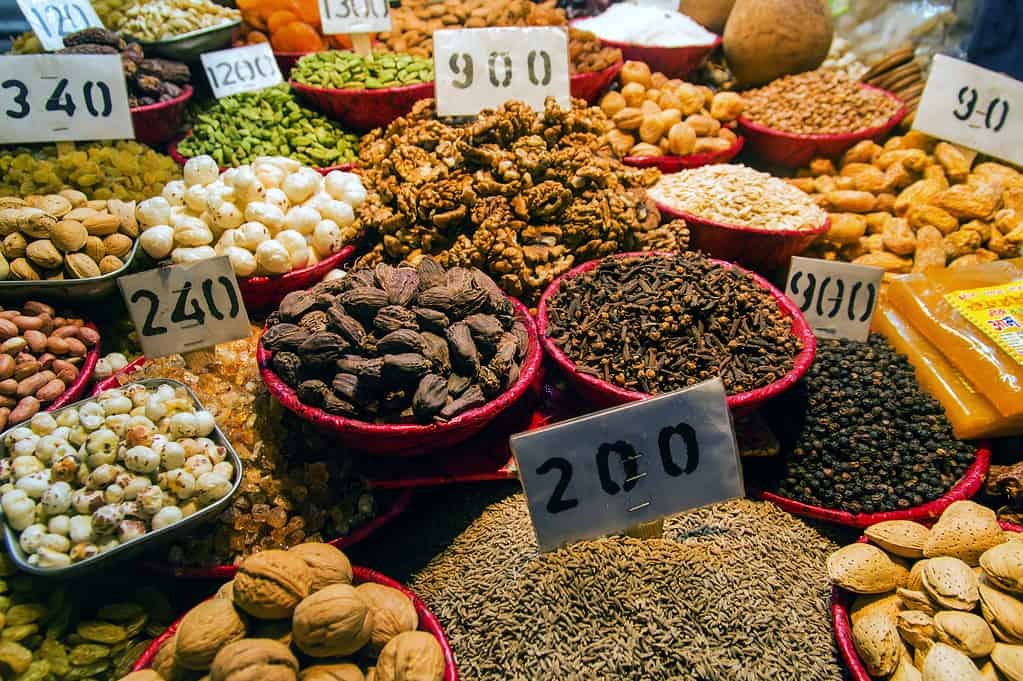
The Chandni Chowk Street Market is located in Delhi, India.
©atosan/iStock via Getty Images
Situated near the Old Delhi Railway Station, Chandni Chowk is one of the oldest markets still in operation. The Shah Jahan built it in 1650 and it was designed by the Shah’s daughter, Jahanara. Today, you can still buy all kinds of foods and other things.
14. Ver-o-Peso Market
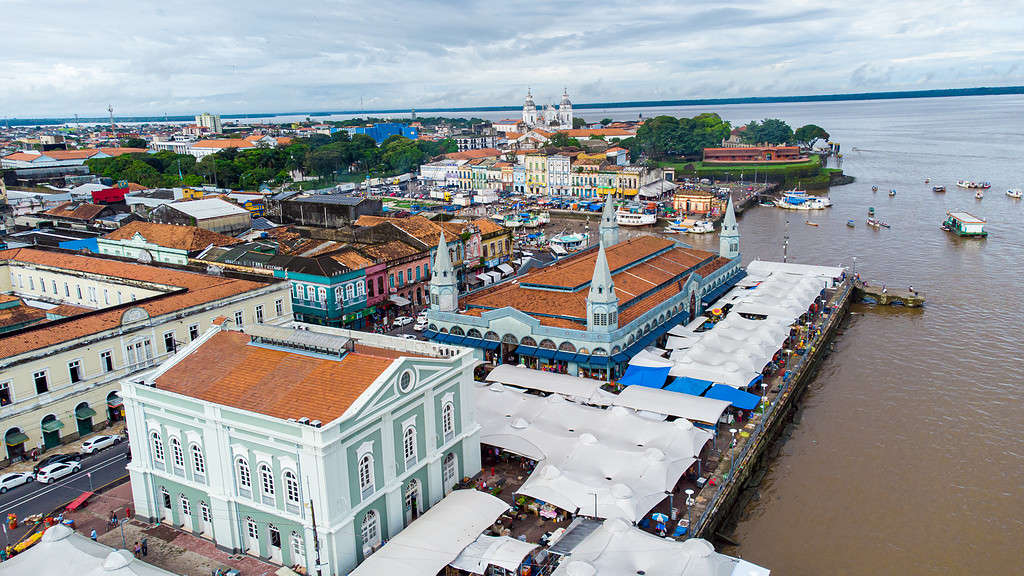
The Veo-o-Peso Market is located in Belém, Brazil.
©Brastock Images/iStock via Getty Images
Inaugurated in 1901, the Ver-o-Peso market replaced the Casa de Haver-o-Peso, the tax collector office, which started in 1625. Thus, this market’s origins make it one of the oldest street (or public) markets in Brazil and the world. At the time in the 1600s, there were markets selling products collected from the Amazon, as well as European products.
13. Cuautitlán Tianguis
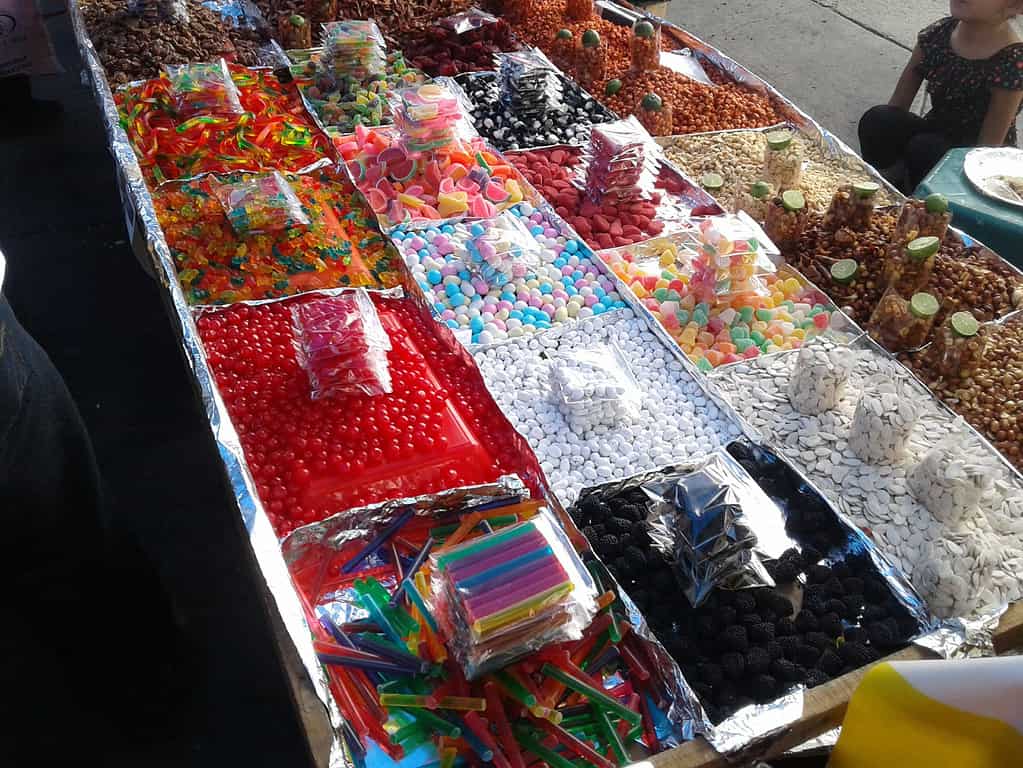
The Cuautitlán Tianguis is located in Cuautitlán, Mexico.
©JVModel/iStock via Getty Images
The Chichimecas established this tianguis in Cuautitlán, which is a city in the State of Mexico, just outside of Mexico’s capital, in 1491. Although the Spanish conquest could have disrupted the continuation of the tianguis, it continues to this day. About 7,500 vendors congregate to sell trinkets and it is one of the biggest tianguis in Mexico.
12. Campo de’ Fiori
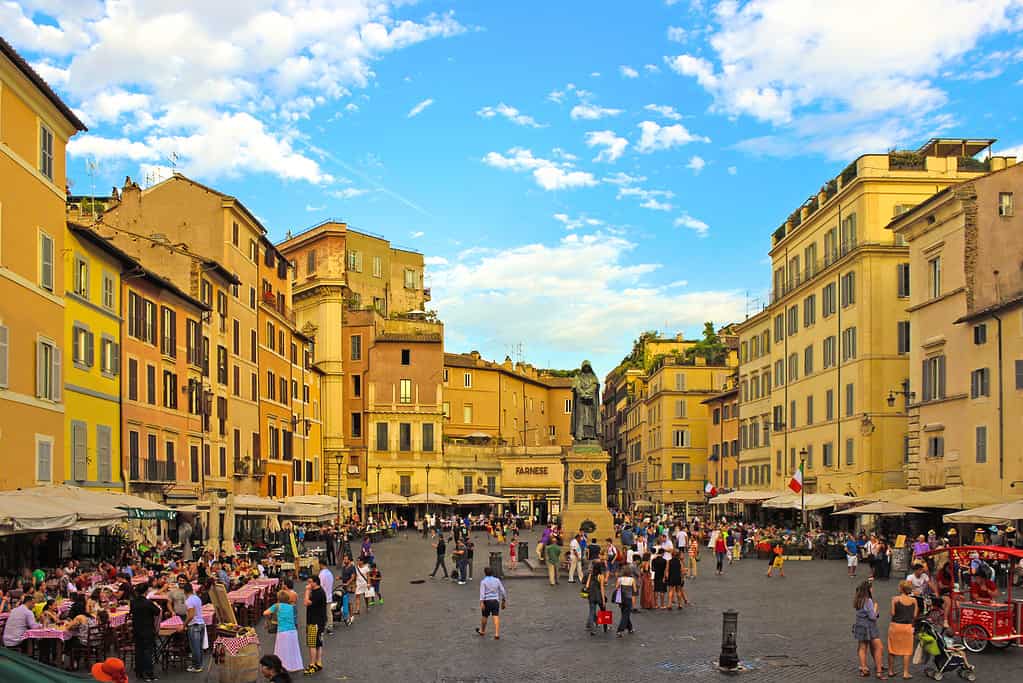
The Campo de’ Fiori Street Market is located in Rome, Italy.
©agsl10/iStock via Getty Images
After Pope Callixtus III paved the area, street vendors came to establish themselves to sell their handicrafts. There was also a horse market twice a week, and also executions took place at the square. Today, Campo de’ Fiori is still in operation every day of the week.
11. Grand Bazaar
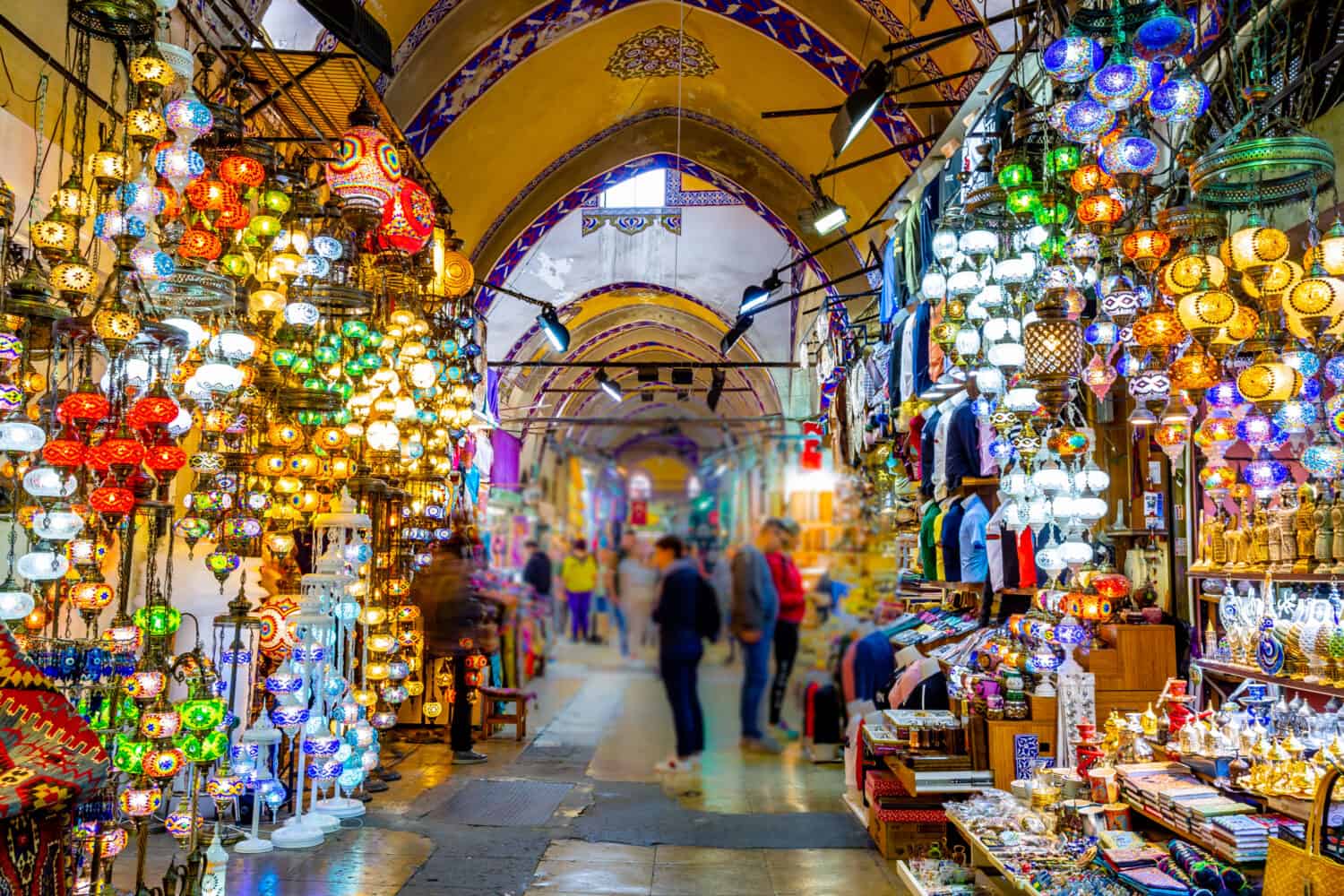
The Grand Bazaar is located in Istanbul, Turkey.
©Finn stock/Shutterstock.com
Perhaps one of the most famous street markets in the world, the Grand Bazaar in Istanbul covers an area of 61 streets and a whopping 4,000 stalls. It was established in 1455 to stimulate the economy in the area. Today, about 91 million visitors come to buy trinkets at the Grand Bazaar.
10. El Rastro
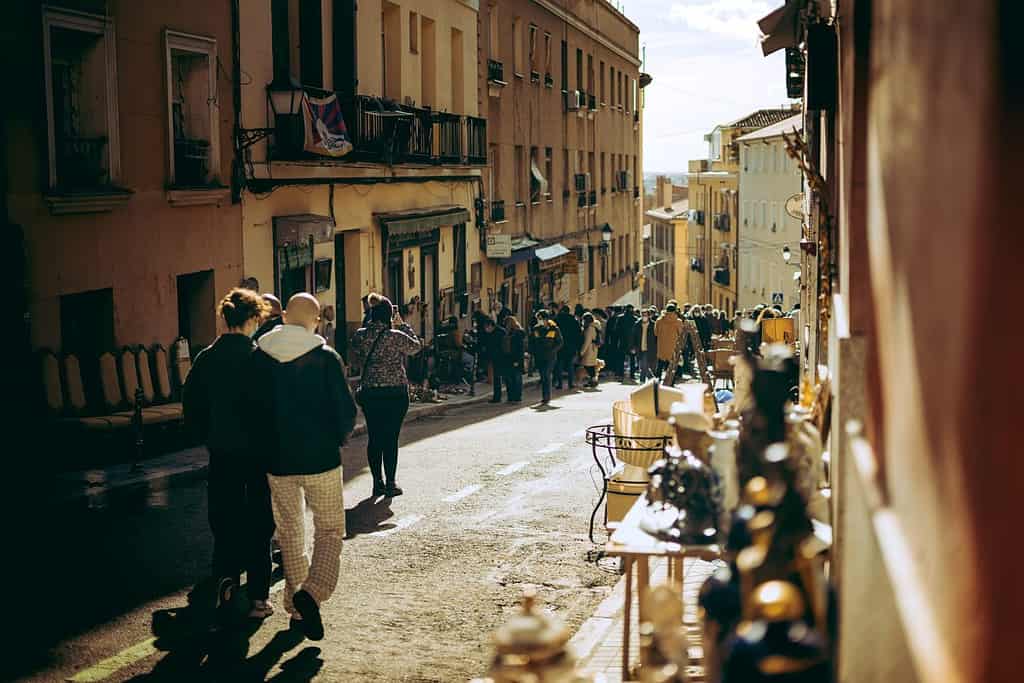
El Rastro Street Market is located in Madrid, Spain.
©Huess Prods/Shutterstock.com
Featured in various films and television series, El Rastro is located in the La Latina neighborhood of Spain’s capital city. It originated in the 1400s and has been around every Sunday since. It’s a rush of activities and selling here, so don’t be overwhelmed.
9. Khan el-Khalili
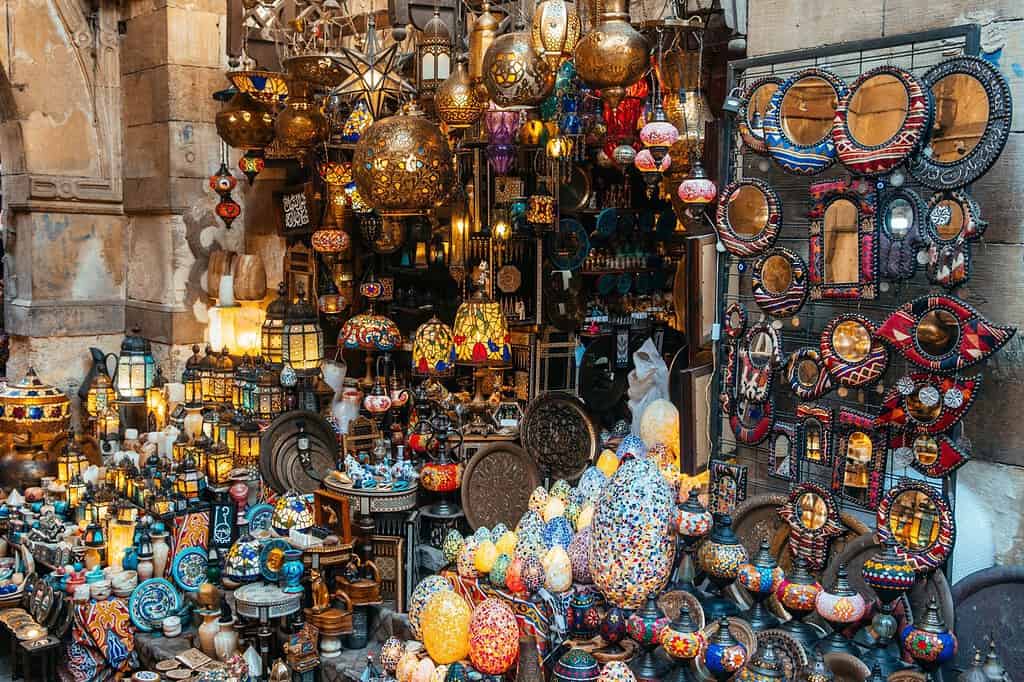
The Khan el-Khalili Street Market is located in Cairo, Egypt.
©Jon Chica/Shutterstock.com
In the historic center of Egypt’s capital, you will find yourself with the Khan el-Khalili, which has been around since 1382. After the Black Death, there was a need to uplift the economy and a market was established with handicrafts, trinkets, and other items. It was named the Khan el-Khalili after the Sultan at the name.
8. Leadenhall Market
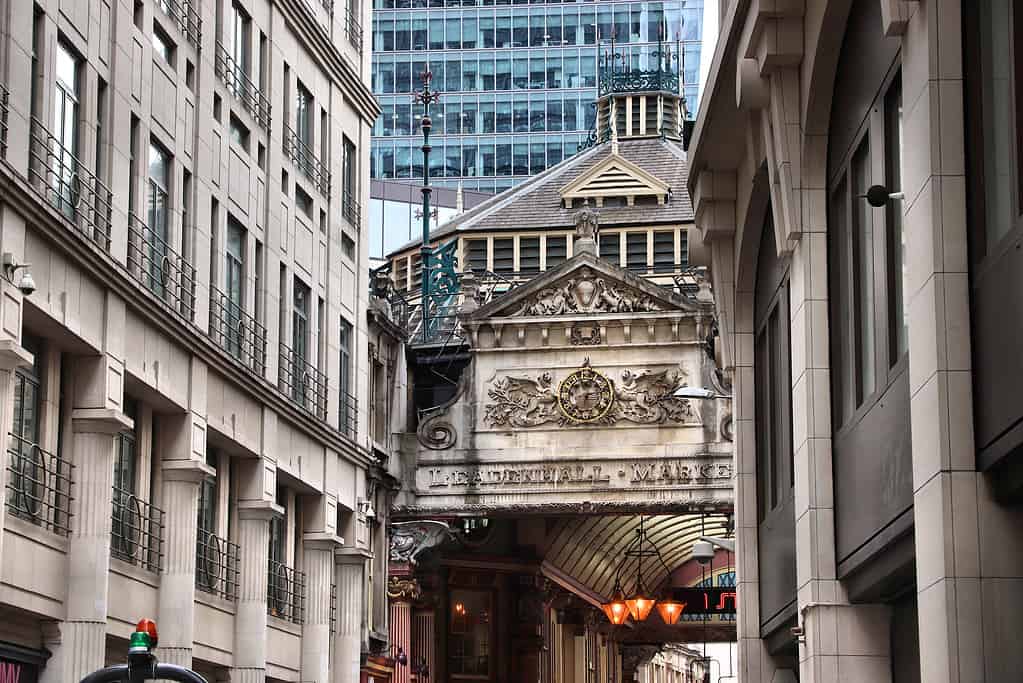
Leadenhall Market is located in London, England.
©tupungato/iStock via Getty Images
Located in the center of Roman London, Leadenhall Market is one of the most popular street markets in the world. It was used as Diagon Alley in the Harry Potter movies, sparking more popularity. The market was originally a meat, game, and poultry market, but today, there are many shops and trinket sellers, as well as cafes, bars, and restaurants.
7. Els Encants

Els Encants Street Market is located in Barcelona, Spain.
©PicksArt/Shutterstock.com
Originating around 1300, the Els Encants street market was situated at Barcelona’s city walls where vendors gathered to sell trinkets and other objects. Over time, the Els Encants market changed locations and now it is at the Plaça de les Glòries.
6. La Boqueria
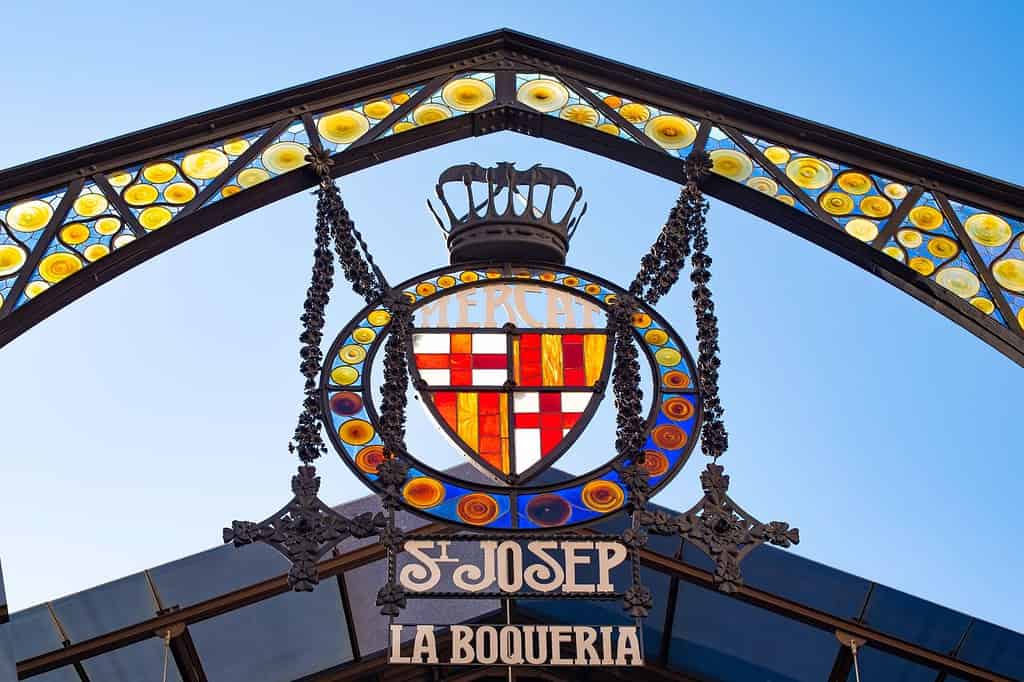
La Boqueria Street Market is located in Barcelona, Spain.
©Javitouh/Shutterstock.com
Nestled in the Ciutat Vella neighborhood of Barcelona, the market started with vendors selling meat around 1217 (though the exact year is unknown). Afterward, they began selling pigs and other foods. Today, you can find many trinkets, foods, and other merchandise at the Boqueria Market.
5. El Jueves
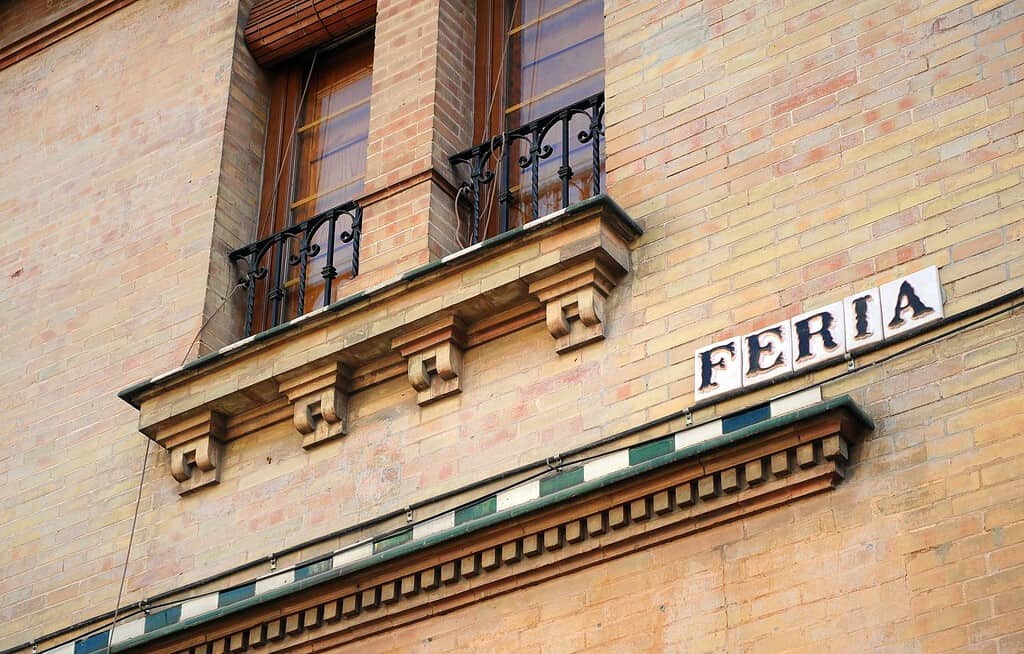
El Jueves Street Market is located in Seville, Spain.
©joserpizarro/Shutterstock.com
Situated on Calle Feria, El Jueves is one of the oldest street markets in Europe that still exist today. It was around the 13th century when the Christians took back the city that the street market was started. Every Thursday since there have been craftsmen selling trinkets and other knick-knacks.
4. Braderie de Lille
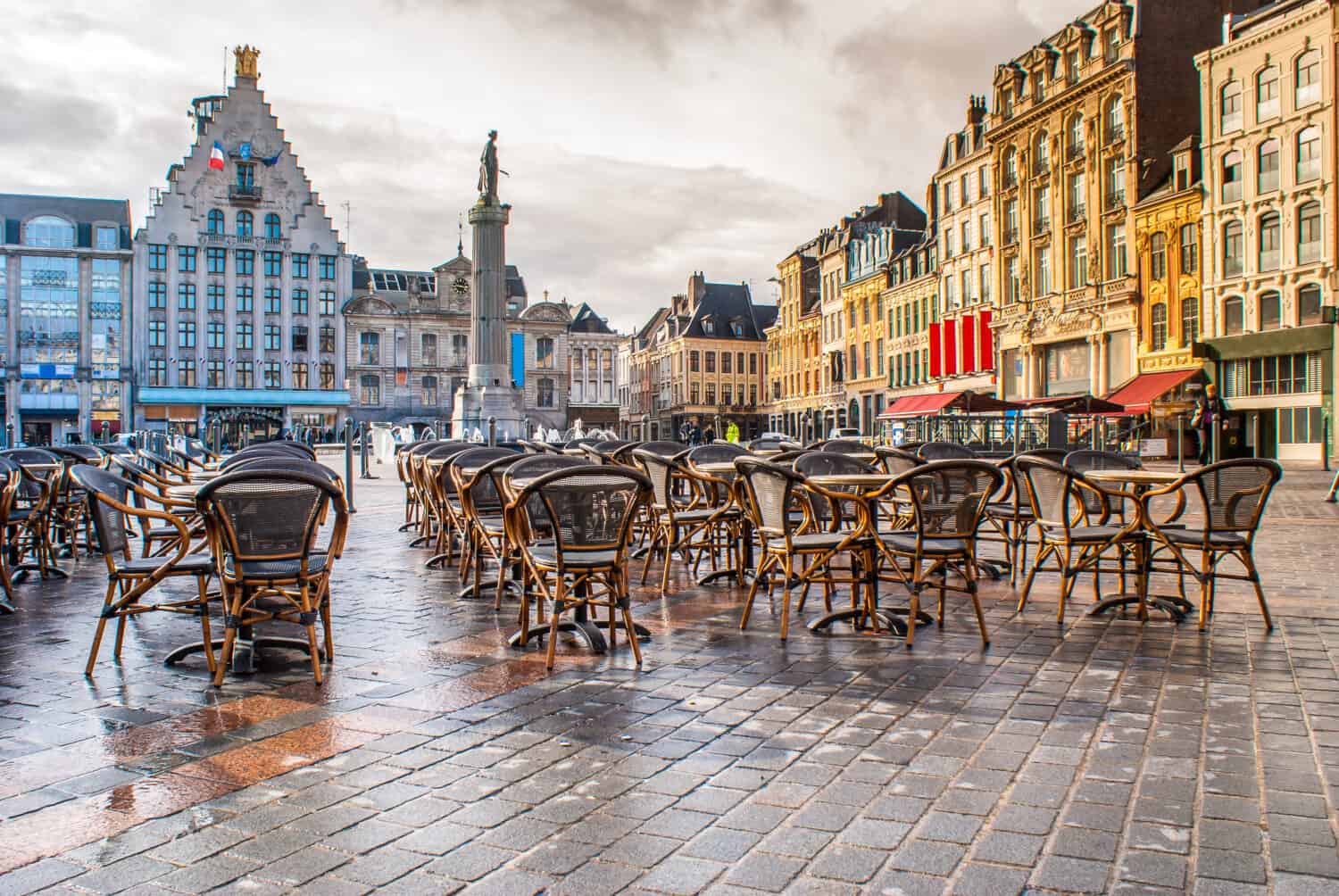
The Braderie de Lille is located in Lille, France.
©Dziorek Rafal/Shutterstock.com
This street market located in Northern France takes place in September every year. About 3 million people visit the market each year, making the Braderie de Lille one of the largest markets in the country. Starting in 1127, vendors sold trinkets and it expanded several centuries later, and today, there are more than 10,000 vendors.
3. Rialto Market
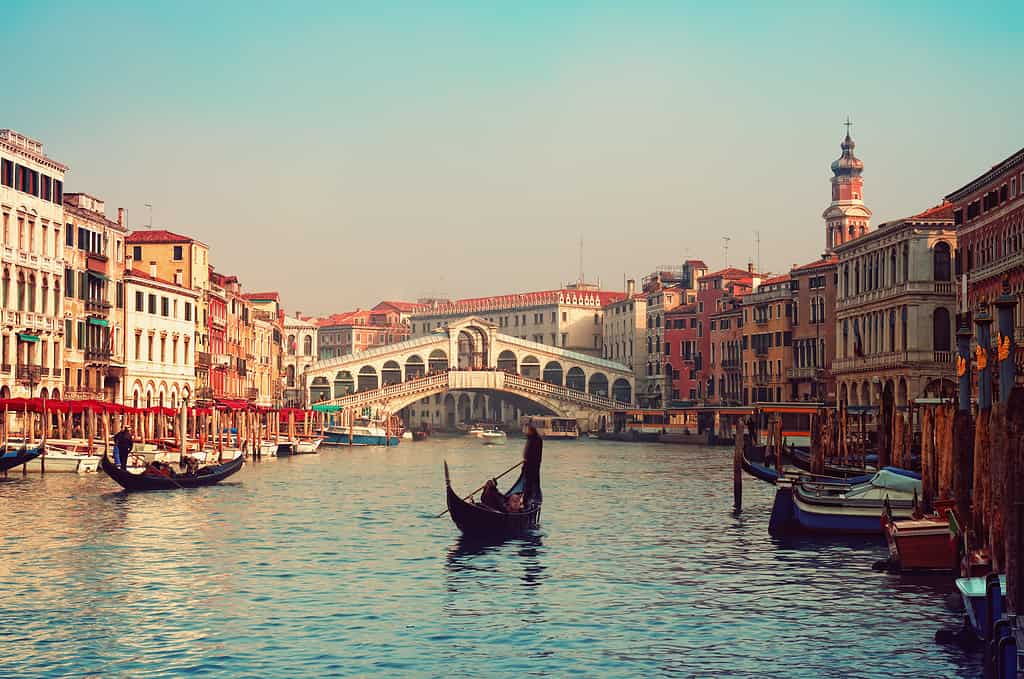
The Rialto Market is located in Venice, Italy.
©fazon1/iStock via Getty Images
Originating in 1097, the Rialto Market came about because the city’s market moved to the area where the famed Rialto Bridge is situated. The market sold all types of trinkets and food. Today, there is a fruit and vegetable market and a seafood market.
2. Souks of Marrakesh
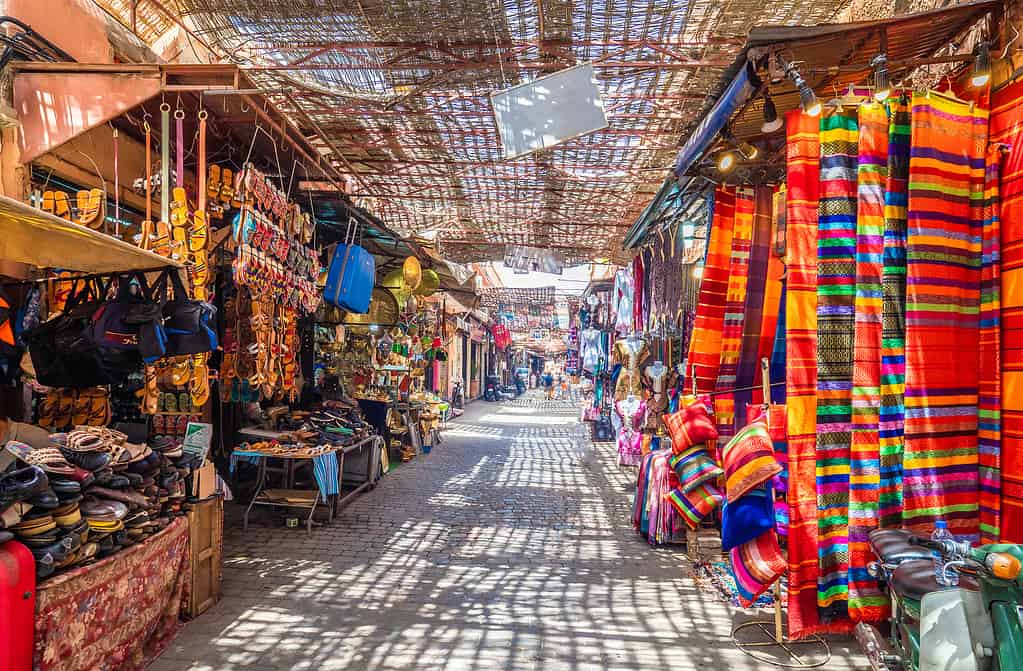
The souks are popular street markets in Marrakesh, Morocco.
©Balate Dorin/iStock via Getty Images
For more than a thousand years, souks have been operating in Marrakesh. Today there are 3,000 stalls of vendors trying to sell you clothes, agriculture products, crafts, spices, and trinkets. Don’t be tempted to accept the price the vendor tells you though, it’s best to haggle!
1. Mexican Tianguis
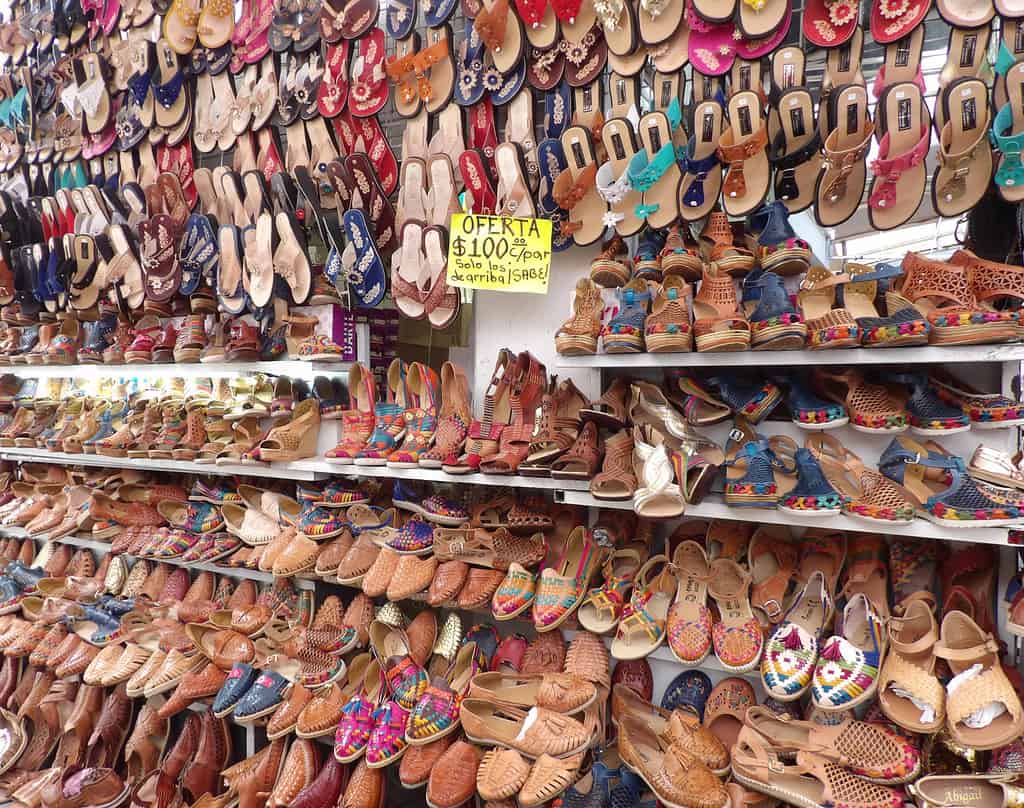
The tianguis have been around for about 2,000 years all over Mexico.
©Frida Rodriguez/iStock via Getty Images
The tianguis are street markets that originated in Mexico and Central America during the pre-Spanish conquest periods. Usually, vendors congregated to sell merchandise, fruits, vegetables, and other food items on specific days in towns throughout Central America. Some continue to this day and others have been brought back after years of inactivity.
The photo featured at the top of this post is ©
Thank you for reading! Have some feedback for us? Contact the AZ Animals editorial team.






